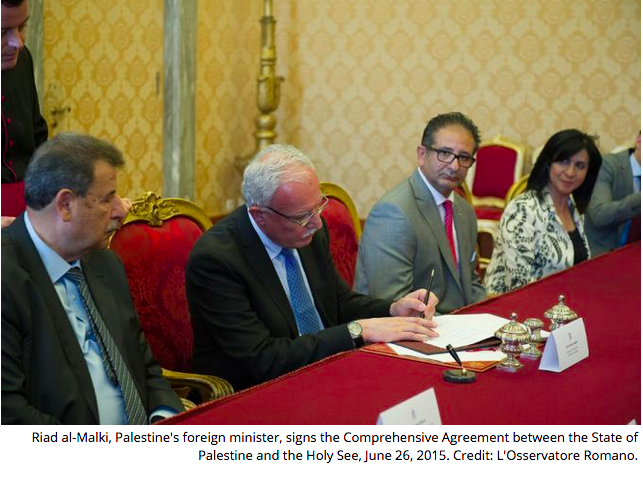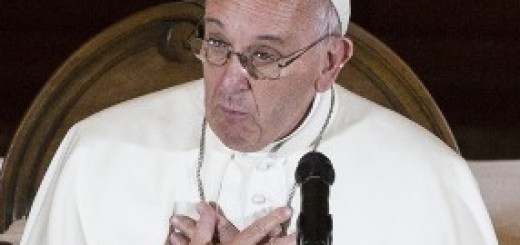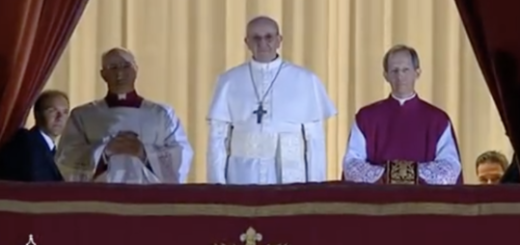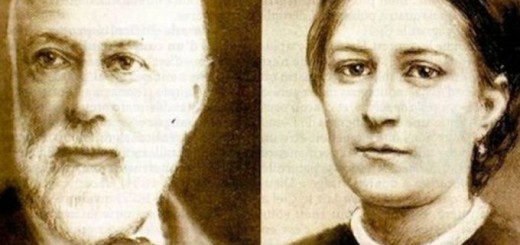A hope for peace: Vatican, Palestine sign treaty protecting religious liberty

By Andrea Gagliarducci. .- The comprehensive agreement signed on Friday by the Holy See and the State of Palestine may serve the twofold goal of stimulating peace in the Middle East and providing a model for similar treaties with other Middle East countries.
The text of the treaty was agreed upon May 13, and the document was signed June 26 in the Apostolic Palace by Archbishop Paul Gallagher, Secretary for Relations with States (the Vatican's 'foreign minister'), and by Riad al-Malki, Minister of Foreign Affairs of the State of Palestine.
The Vatican-Palestinian agreement recognizes freedom of religion in Palestine, and outlines the rights and obligations of the Church, its agencies, and its personnel in the territory. The comprehensive agreement follows upon a “basic agreement” which was signed in February 2000.
It backs a two-state solution to the conflict between Israelis and Palestinians, though the bulk of the agreement regards freedom of religion and conscience, as well as the Church's freedom of action, its staff and jurisdiction, legal status, places of worship, social and charitable activity, and use of communications media. It also includes issues of a fiscal and proprietary nature.
In an address following the signing, Archbishop Gallagher underscored that the agreement is signed with the State of Palestine, and that “this is indicative of the progress made by the Palestinian Authority in recent years, and above all of the level of international support, which culminated in the Resolution of the General Assembly of the United Nations of 29 November 2012, which recognized Palestine as non member Observer State at the United Nations.”
Archbishop Gallagher voiced hope “that the present Agreement may in some way be a stimulus to bringing a definitive end to the long-standing Israeli-Palestinian conflict, which continues to cause suffering for both parties. I also hope that the much desired two-State solution may become a reality as soon as possible.”
“This certainly requires courageous decisions, but it will also offer a major contribution to peace and stability in the region.”
For his part, al-Malki noted that the agreement's provisions “span the shared vision of the two Parties for peace and justice in the region, the protection of fundamental freedoms, the status and protection of Holy Sites, and the means of enhancing and furthering the presence and activities of the Roman Catholic Church in the State of Palestine.”
He noted that “for the first time, the Agreement includes an official recognition by the Holy See of Palestine as a State, in recognition of the right of the Palestinian people to self-determination, freedom and dignity in an independent state of their own, free from the shackles of occupation. It also supports the vision for peace and justice in the region in accordance with international law and based on two states, living side by side in peace and security, on the basis of the 1967 borders.”
He drew attention to Palestine's special status as “the birthplace of Christianity and as the cradle of monolithic religions,” saying the agreement “embodies our shared values of freedom, dignity, tolerance, co-existence, and equality of all. This comes at a time when extremism, barbaric violence, and ignorance threaten the social fabric and cultural identity of the region and indeed of human heritage. At this backdrop, the State of Palestine reiterates its commitment to combat extremism, and to promote tolerance, freedom of consciousness and religion, and to equally safeguard the rights of all its citizens.”
“These are the values and principles that reflect the beliefs and aspirations of the Palestinian people and its leadership, and they are the pillars upon which we continue to endeavor to establish our independent and democratic State.”
The Palestinian foreign minister added that the agreement “upholds the Church's standing as an important contributor to the lives of many Palestinians.”
Archbishop Gallagher commented that he is pleased that “guarantees have been given for the work of the Catholic Church and her institutions. Catholics do not seek any privilege other than continued cooperation with their fellow-citizens for the good of society. I am also pleased to say that the local Church, which has been actively involved in the negotiations, is satisfied with the goal attained and is happy to see the strengthening of its good relations with the civil Authorities.”
He added that the agreement “offers a good example of dialogue and cooperation” in the Middle East, “and I earnestly hope that this may serve as a model for other Arab and Muslim majority countries. With this in mind, I would like to emphasize the importance of the chapter dedicated to freedom of religion and freedom of conscience.”
A Vatican observer who took part in the negotiations told CNA that the agreement is particularly important because it is the first of its kind signed with a majority Muslim country, in which the state juridically acknowledges the Holy See and clearly recognizes freedom of conscience, “as has never been done in the past.”
Vincenzo Buonomo, an adviser to Vatican City State, wrote inL’Osservatore Romano that “the explicit acknowledgement of authentic conscientious objection as a practice consistent with the right of freedom of thought, belief, and religion is notable for its current relevance.”
Buonomo also stressed that value of the agreement is given by the participation of the Palestinian Catholic community in the negotiations, which began in 2010. “The local Church has been shown to be an effective agent, providing a valuable contribution not only towards the consolidation of the ecclesial reality, but also to the image of Palestine and the Holy Land as a whole,” wrote Buonomo.
The Israeli foreign ministry reacted to the treaty's signing with a statement expressing its “regret regarding the Vatican decision to officially recognize the Palestinian Authority as a state.”
The Israeli foreign minister stressed that this “hasty step damages the prospects for advancing a peace agreement, and harms the international effort to convince the Palestinian Authority to return to direct negotiations with Israel.”
“Israel cannot accept the unilateral determinations in the agreement which do not take into account Israel's essential interests and the special historic status of the Jewish people in Jerusalem,” the statement read.
The foreign ministry also announced that “Israel will study the agreement in detail, and its implications for future cooperation between Israel and the Vatican.”

















